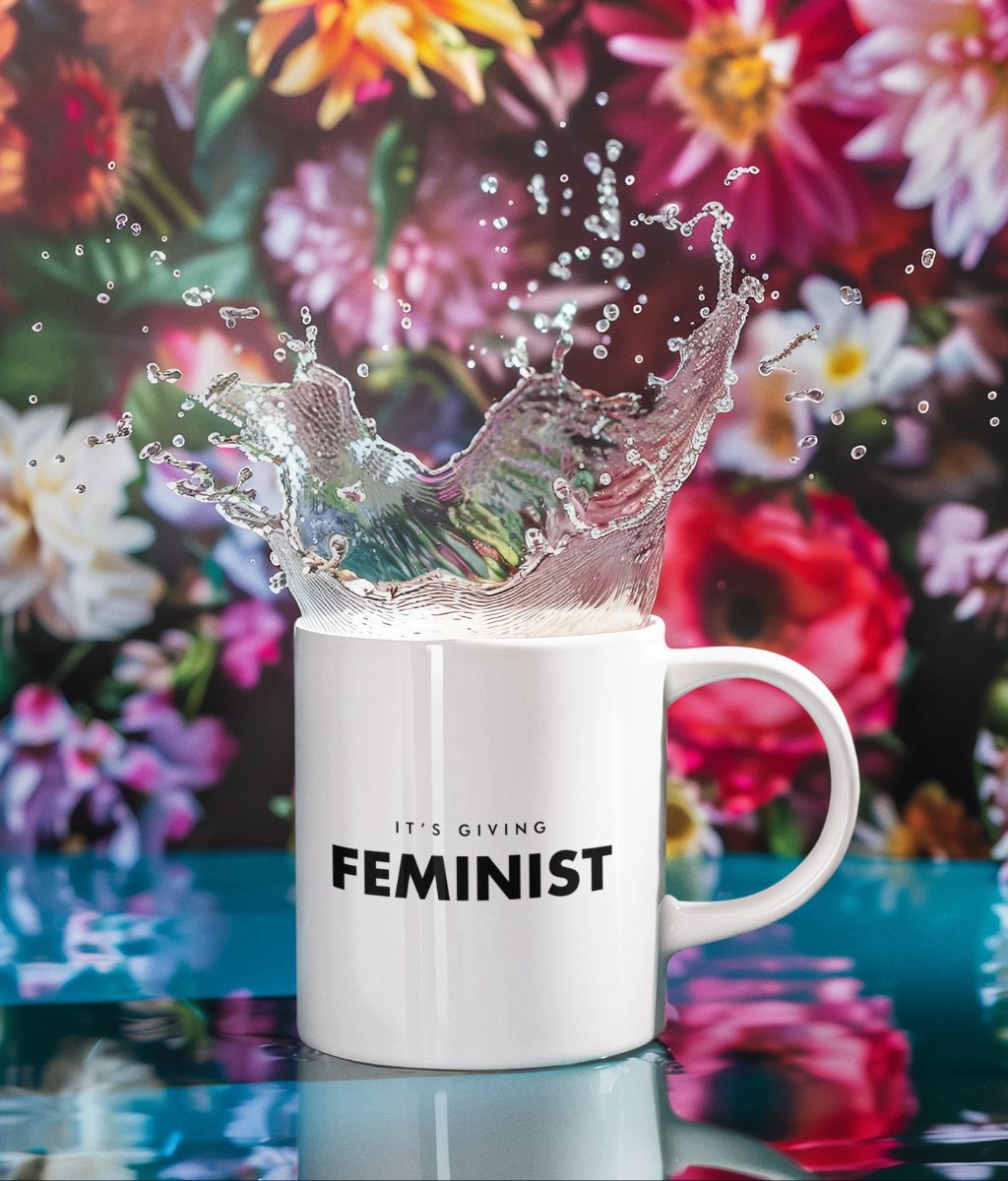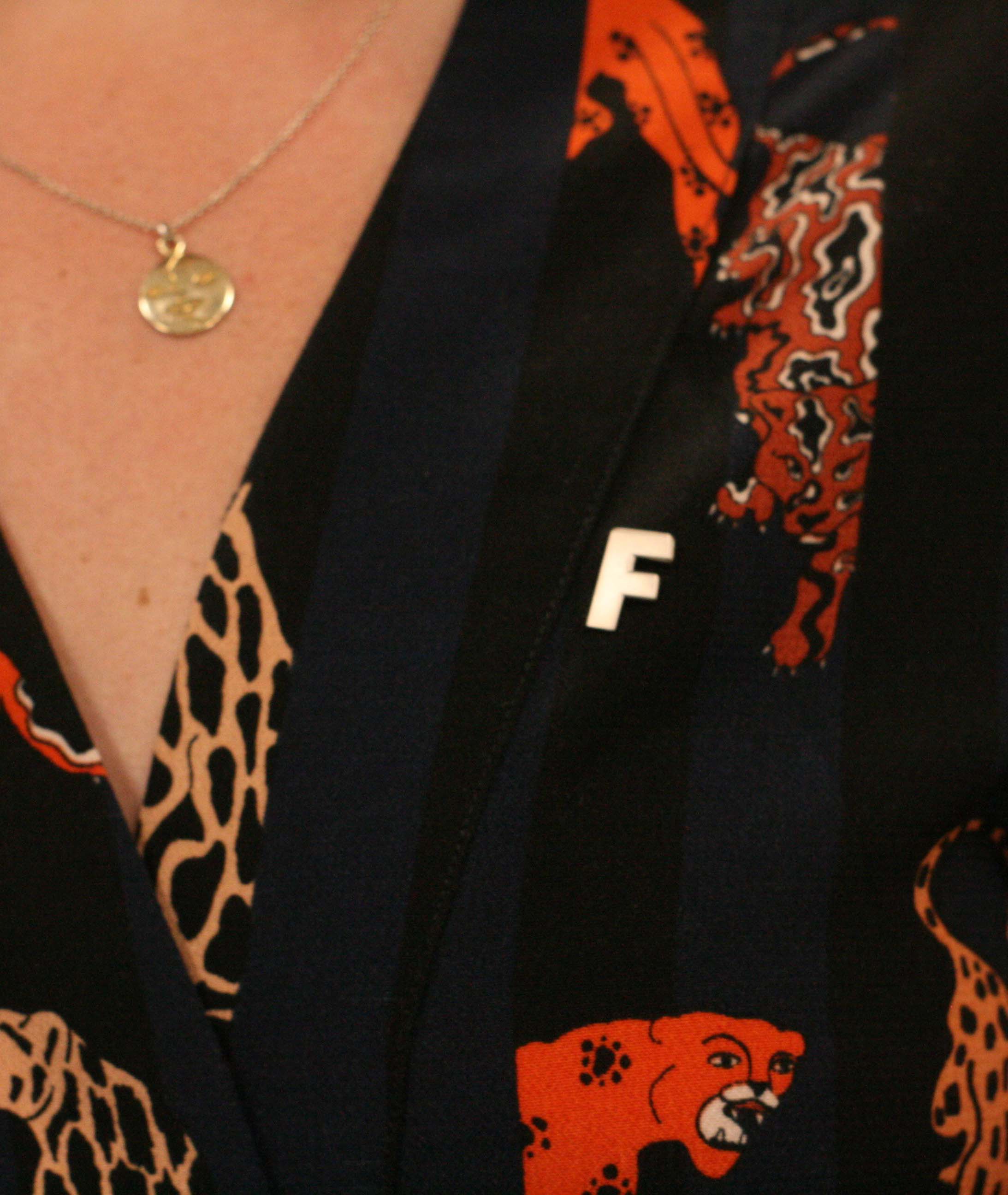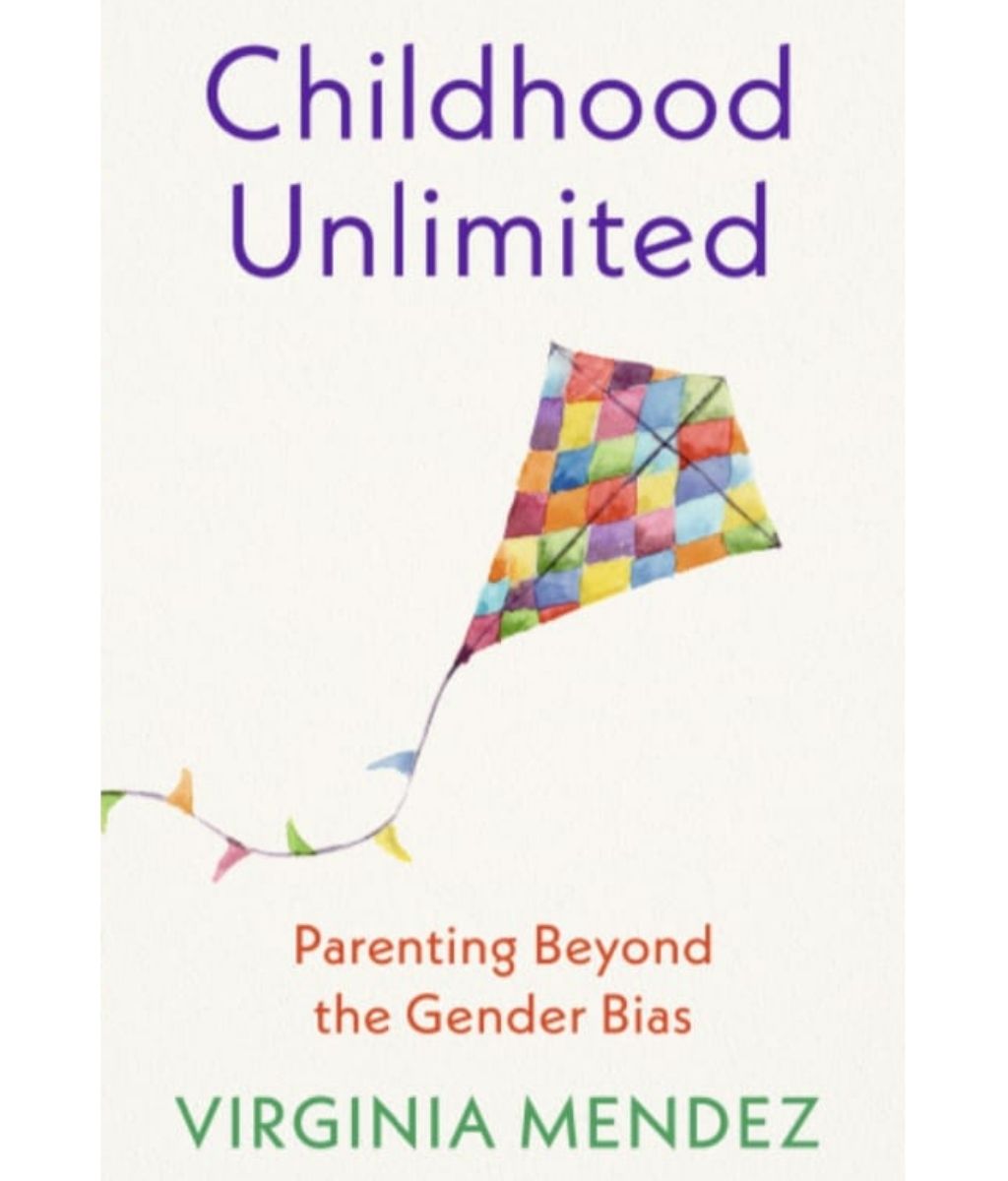We talk a lot about how patriarchy harms women—and rightly so, I will keep doing it until my last breath. But in order to dismantle the systems that uphold inequality, we also need to talk about how patriarchy harms men. Not in a “what about the men?” way that derails feminist conversations, but in a grounded, honest, and empathetic way that recognises this: feminism is for everyone, and that includes men.
Patriarchy might position men at the top of the hierarchy, but it is not a free gift. It limits who they’re allowed to be. It tells them strength matters more than sensitivity, that success should come before self-awareness, that being soft is shameful, and that care is something to be earned, not expressed. It robs them of emotional depth, safe vulnerability, and full humanity. It push them away from everything that we have been told that belongs to womanhood.
That isn’t freedom. That’s a performance.
It’s Not About Erasing Masculinity
Let’s get one thing straight: masculinity isn’t inherently toxic. What’s toxic is the version of masculinity that’s shaped by fear, control, and domination—the one that’s been modelled for generations under patriarchal rule.
Feminism doesn’t want to strip men of their identity. It wants to expand it. It wants to make room for men to explore who they are outside the rigid templates they’ve inherited. It offers the space to be caring, self-reflective, emotionally literate, and accountable—not just tolerated in those things, but celebrated for them.
We’re not asking men to be less—we’re asking them to be more. More connected. More curious. More compassionate.
And we are asking men to make this job their job. The best way for a men to show up as feminist is by focusing on the healing and expansion of what being a man means today.
A Different Kind of Strength
One of the most radical things a man can do in a patriarchal world is care—genuinely and unapologetically. Not the kind of care that’s performative or conditional, but the real kind that listens, learns, and shows up. The kind that isn’t afraid to say “I was wrong” or “I don’t know.”
Reclaiming masculinity through care, justice, and empathy isn't a step back from strength—it’s a deeper, more meaningful version of it. It's strength that holds space. Strength that nurtures. Strength that challenges systems, not just people.
Feminism doesn’t see men as the enemy. It sees the system as the problem—and it welcomes everyone who wants to be part of the solution. It is aware that only with everyone on board we will get where we need to.
Calling Men In
We don’t just need to call men out when harm happens—we need to call them in. Into the conversation, into the discomfort, into the possibility of change.
That doesn't mean ignoring accountability. It means recognising that people are capable of growth, and that transformation isn’t just possible—it’s necessary. It means offering men a path to show up differently, not perfectly.
Most men have inherited the rules of patriarchy without ever choosing them. But they do get to choose what they do next. That choice is where their power lies—not in dominance, but in action. Not in being loud, but in listening. Not in saving anyone, but in standing beside them.
A Collective Future
Feminism is not a women’s club with a no-boys-allowed sign on the door. It’s a call for something better—for all of us. It's about rewriting the script we’ve all been handed and co-creating a story that’s rooted in equality, dignity, and humanity.
Talking about masculinity within feminism doesn’t water the movement down. It enriches it. It recognises that liberation can’t be one-sided, and that the weight of patriarchy doesn’t just fall on those it oppresses most obviously—it touches everyone.
So let’s have the uncomfortable conversations. Let’s make space for nuance. Let’s raise boys who don’t have to unlearn love or strength or softness. Let’s invite men in—not to centre themselves, but to join us in doing the work.
Because none of us are free until all of us are.











2 comments
I love your thinking here Virginia, everything you say here matches with my own thinking on this topic, and I want to say thank you for putting it out there, and also for your committment to feminism generally. For context, I’m a 72 yr old man and I have 4 adult daughters.
A few points I would add: 1 On “rigid scripts”: I think it is useful to start with noting that we all get (and it’s the same in all societies) the same basic script to internalise, and it contains the misinformation for both gender roles in that society. Both boys and girls get told “this what boys are, or should be like” Both girls and boys get told this what girls are, or should be like". This is important to remember when some people who take the script, which they’ve been required to internalise by an oppressive society, very seriously and very personally, and will fight for it as if their (or worse, your) life depends upon it.
2. On “offering men a path to show up differently” – such a path needs to include oportunities for emotional healing, along with moral and theoretical understandings of the ways in which all oppressive systems run on these type of scripts, not just sexism, but racism, ageism, adultism, sectarianism, classism, homophonia and all the rest, operate. In my experience, emotional healing from the pain and distress which we internalised in our past, when we intetnalised the scripts, allows us to drop the script, and brings insight into the oppressive and discriminatory systems of inequality that we all live within. The path for men that leads to “showing up differently” is going to be pretty much the same as for every group involved in liberation.
So 3, the challenge for those who would dare to change the status quo around them, is creating safe spaces where this healing can happen. The question becomes, how to create social forms on which participants collectively hold the space for each other, as each takes a turn to walk that path.
Anyway, thank you so much for your work, Virginia.
Seeing an article like this after years of having to experience the most toxic forms of feminism is such a breath of fresh air. Women (and men for some reason) have told me that men can’t truly be feminist because they don’t have lived experience, and I understand that, but that doesn’t mean men shouldn’t try. I’ve never understood that view of feminism because it just does more harm than good, but those bad experiences have never stopped me from making the right choice and putting knowledge and humanity first.